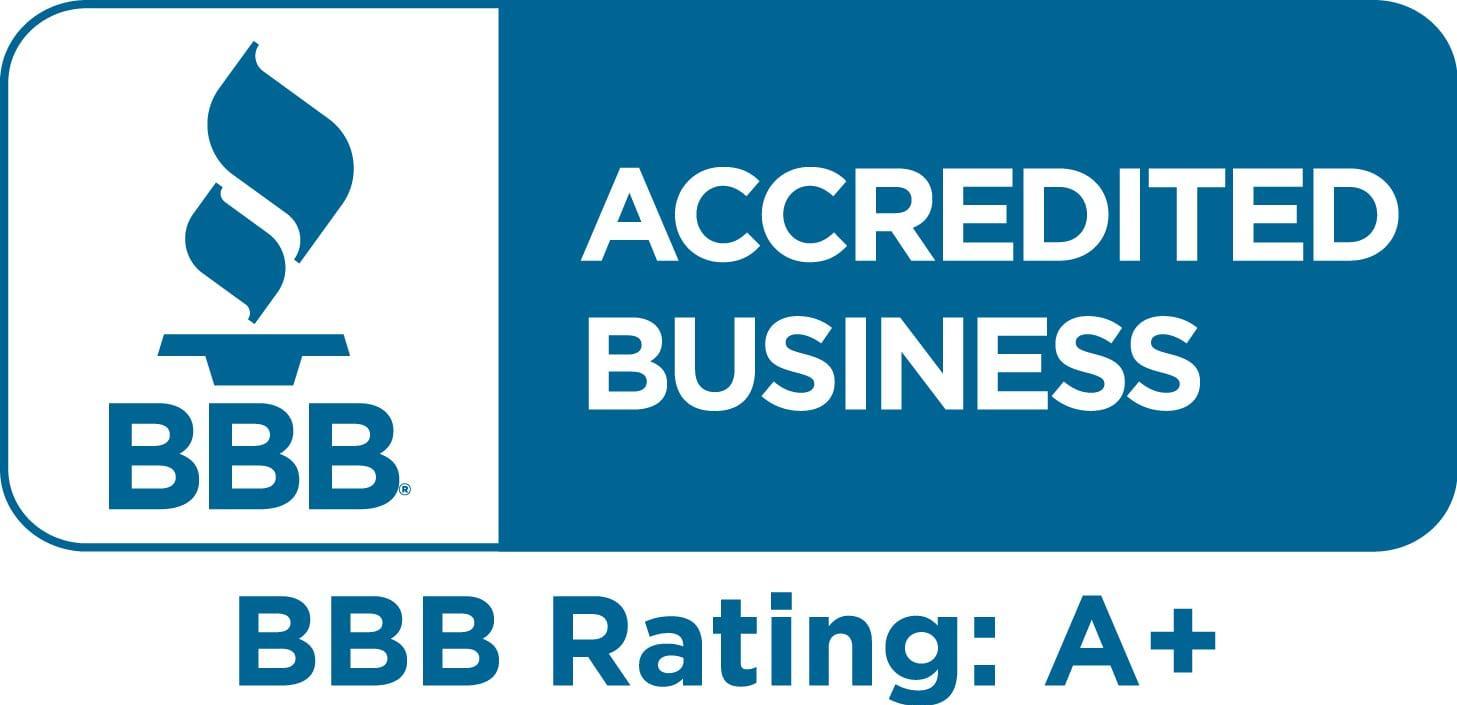D-I-WHY NOT? - 4 COMMON MISTAKES MADE WHEN DOING YOUR OWN WASP TREATMENT
1. Over-the-counter chemicals stain your home
Wasp and hornet spray purchased at the hardware store is generally oil based. These types of consumer sprays contain ingredients that are likely to stain your siding, concrete or other materials around your home. The chemicals that professionals use to treat wasps are not oil based, and will not stain your home.
2. Sealing the entry point makes things worse
One big mistake people make when attempting a DIY wasp treatment is to seal up the entry point to the nest. This is usually done with expanding foam, concrete or some other building material. Sealing the entry point can actually create more issues than you previously had.
The wasps will try everything they can to get to their queen, which will likely result in them creating a secondary entry point to the nest. A second opening can cause more damage to the home, as well as create another point that needs treatment.
In addition, the wasps that are sealed inside the home will ultimately try to find a way out, taking the path of least resistance to get there. This often leads to wasps appearing inside the home, usually entering through vents or light fixtures.
3. Over-application of chemicals
If you want to help protect the environment, you should avoid using over-the-counter wasp spray. Our technicians go through proper training and testing to ensure they know how to read and understand the labels on the chemicals we apply.
In addition, they receive instructions from a supervisor with years of experience. This means they know how to apply the chemical correctly, where to place it to receive the best results, and how much to use in order to effectively treat the nest.
Homeowners commonly stand at a distance of 15-20 feet away from a nest and spray away. Treating a nest in this manner causes over-spray, splatter and dripping of chemical.
Our technicians can get within inches of the entry point, ensuring the chemical is applied only where it is needed, and nowhere else.
4. Unexpected damage to yourself, your home or your property
Some homeowners will go to extreme lengths to try to resolve wasp infestations on their own. However, without the proper knowledge, experience and equipment, they are liable to end up injuring themselves or inadvertently causing damage to their home.
We've even heard of some non-traditional (and non-recommended!) treatments like fire, gasoline, metal stakes, or hockey sticks.
Under no circumstances should you ever pour gasoline into the ground. This can poison the earth by spreading harmful chemicals into the water supply and damaging the ecosystem.

